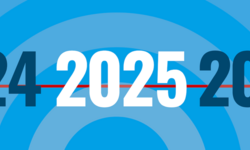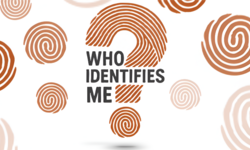
Chat Contol: European Commission launches direct attack on privacy
In a press conference held today, the European Commission has initiated the end of privacy and confidentiality of communications on the internet in Europe. The proposed new legislation would require hosting and messenger providers to search the content of their users for potentially illegal content using error-prone upload filters. The stated aim for the fully automated filters is to identify previously unknown depictions of child abuse and even grooming attempts, forward them to the authorities and delete them. However, the technology necessary to identify such content does currently not exist and test results so far have been immensely unreliable. Furthermore, an automated search of all user content violates the fundamental right to privacy and the confidentiality of communications.
This proposed legislation undermines the integrity of encrypted messenger services. Providers of such services must either build backdoors into their end-to-end encryption or use filters to search the confidential contents of communication on the users’ devices so-called client-side filters. This weakening of privacy, however, cannot be implemented in a way that would be limited to the protection of children. Unlike portrayed by Home Affairs Commissioner Johansson at the press conference, such content can only be identified by searching the entire content of every user.
„Real criminals can easily circumvent this legislation by just moving to self-hosted messengers, the dark web or other jurisdiction. The only ones whose messages will at the end be surveilled are normal European citizens, journalists, doctors, lawyers and Whistleblowers. If this proposal goes through, the days in which the EU was leading on data protection are over.“ (Thomas Lohninger, Executive Director, epicenter.works)
This measure therefore means that nobody can rely on the confidentiality of their electronic communications any more. This includes professions who are subject to especially protected confidentiality, for instance journalists, doctors or lawyers, but also whistleblowers, whose electronic communications will be disproportionately at risk from this law in the future.
Early reactions to the proposed legislation:
Since you're here
… we have a small favour to ask. For articles like this, we analyse legal texts, assess official documents and read T&Cs (really!). We make sure that as many people as possible concern themselves with complicated legal and technical content and understand the enormous effects it has on their lives. We do this with the firm conviction that together we are stronger than all lobbyists, powerful decision makers and corporations. For all of this we need your support. Help us be a strong voice for civil society!
Become a supporter now!






